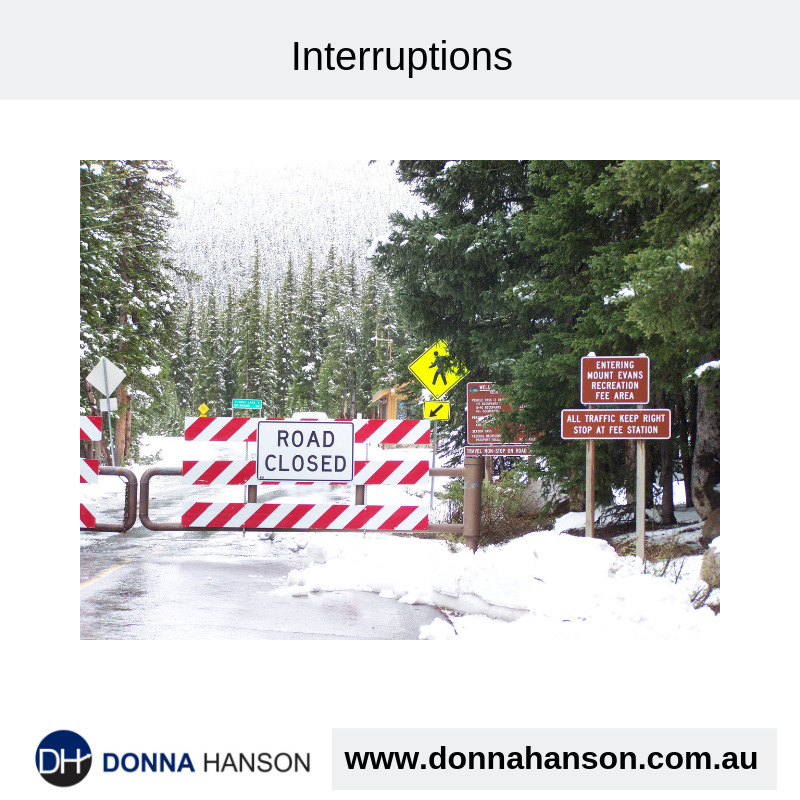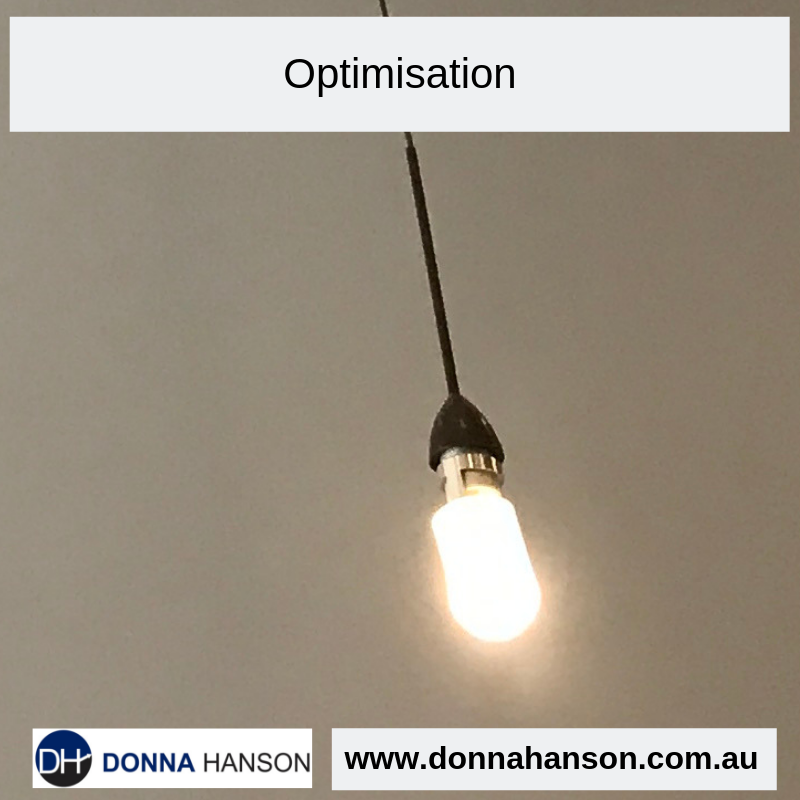Communicating Change
I once worked with an organisation who had spent several million dollars implementing a new video conferencing system. They came to me to discuss training for their staff and wanted to know how much it would cost. I asked the question I always ask and that was what was their budget? You see if you don’t have some framework to work within, the options are almost unlimited. You could go from giving them a link to a website to download some free resources through to a 12 month program of providing them with tools and resources to engage, knowledge share …
I can’t read your mind!
As a child, I loved super heroes and their super powers as much as anyone my age. One of the super powers I always wanted was the ability to read minds. Unfortunately, today in business, we often make the assumption that everyone knows what we know….and reality is, we should assume they often don’t! When you have skills or knowledge one of the challenges you face is the assumption that everyone knows as much (or as little) as you do. We assume others know what we know. It’s like we expect them to read our minds and know automatically what …
Every one is NOT like you!
When I was a child, my mother used to espouse the old adage… “You can’t please all of the people all of the time.” Whilst we know that not everyone will like you, it’s important to also know not everyone is like you. What’s the difference? Often when I speak to people about sharing ideas or information with their team, all I hear is frustration. For example, a finance manager who tried to upskill one of his team members by presenting her with, what was for him a life changing book, on how to use various Excel features. A few …
How’s Your Communication?
I recently facilitated a work/life balance presentation for a client. I believe work/life balance isn’t final. That you don’t just achieve it and stay there forever. That it ebbs and flows as life changes and work alters and we need to be able to deal with all the physical, mental and emotional strains this places on ourselves and our teams. In a world of instant access, this simply means managing time and managing expectations – our own and others. However, one of the challenges with this is that we often apply our own expectations to other people and as a …
Optimisation
Optimisation Nelson Mandela once said “It always seems impossible until it’s done.” At the start of the week, it often seems like we have so much to do, but often it just “feels” that way. One easy way to get what needs to be done out of your head is to do a simple brain dump. Take a blank piece of paper (or utilise the task feature in your email program) and simply jot down all the things you need to do. It doesn’t matter if they are business or personal, just get it all out! Once you’ve got it …
Brain Dump
With so many tasks, expectations and deadlines it is easy for things to fall through the proverbial gaps if you don’t have a strategy for collecting, sorting and categorising the importance of tasks to be done. When you don’t have a strategy, or it is very loose, the results can vary, from missing important deadlines, being unprepared for meetings or worse, feeling anxious and stress resulting in grumpiness when you get home or trouble sleeping. Whilst working with a global brand we explored the concept of a brain dump. A brain dump is simply an allocated block of time where …
Is It Really Necessary?
Even though I have been a speaker and trainer in the area of productivity with technology for over twenty years, I’m still surprised by the volume of people who overuse technology just because that can or because it’s “easy”. It’s easy to send of an email and feel like it’s ticking and item off your to do list, but the question I encourage all organisations to discuss is, “Is it really necessary?” Before working with a team within an organisation, I conduct a pre-session survey. I ask a question relating to the percentage of the emails they received daily that …
Less is More
Don’t be tempted to put every single word you plan to say on the slide or a sheet of paper. When presenting to your colleagues, a board or at a conference, the audience want to hear what YOU have to say not read a screen or document. Too often because we know too much about our subject we A Overwhelm our audience with too much information so they remember very little B Sensory overload them with data or images in on screen presentations that distract or do not support what you are saying C Talk too fast Sometimes less is …










